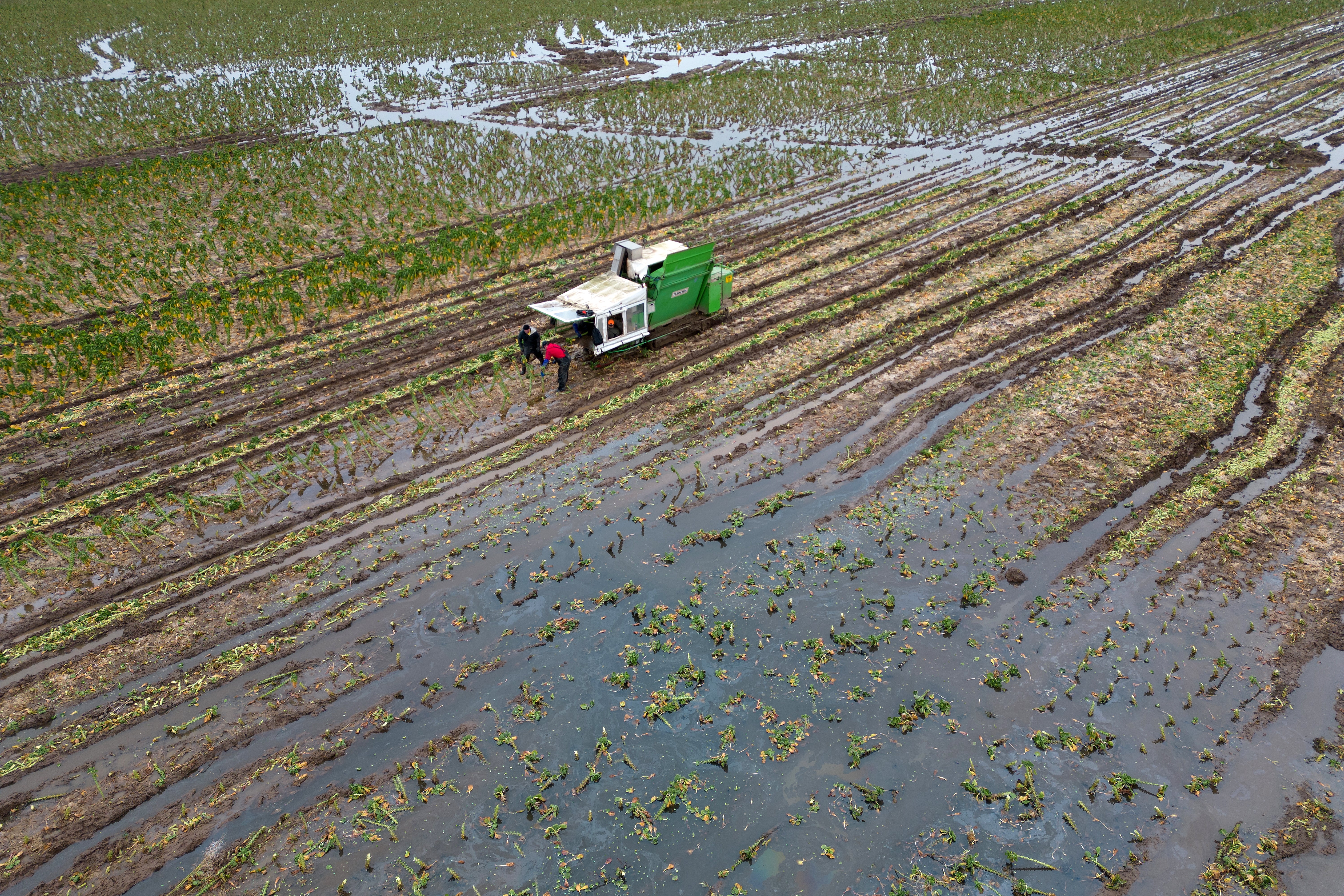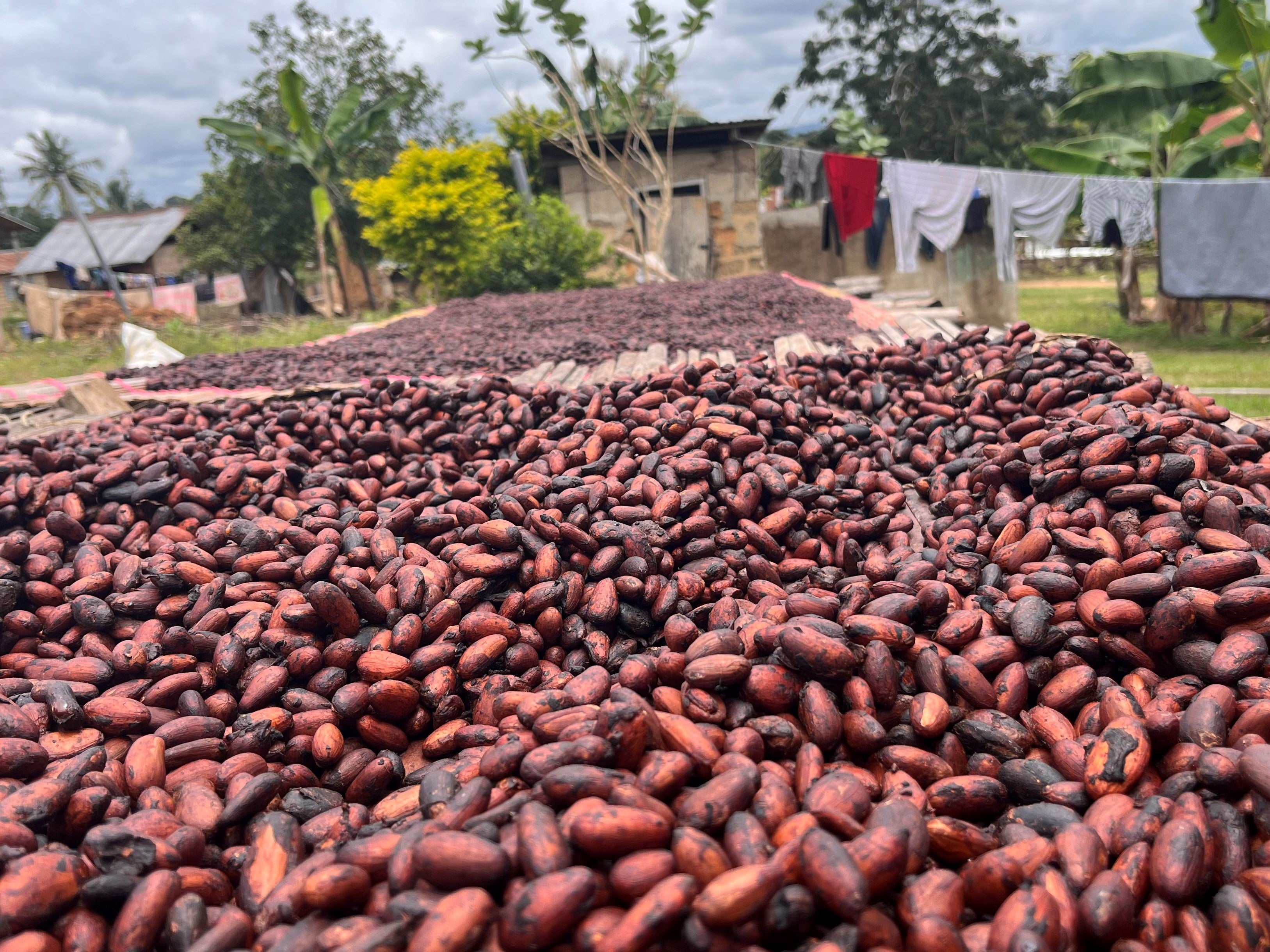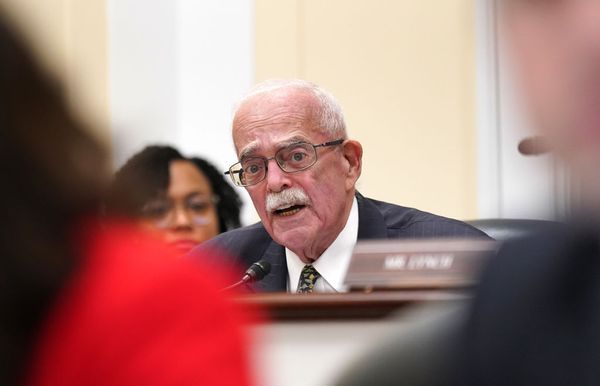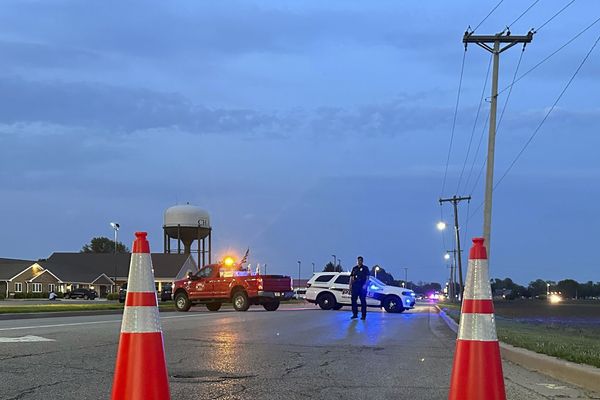
Supermarkets are well off track to meet a goal to secure deforestation-free food by next year, environmental charity WWF has warned.
The latest annual report from WWF on progress towards commitments to halve the environmental impact of the average UK weekly shop by 2030 has found supermarkets are off track on a number of climate and nature measures.
And a key milestone – to ensure food products such as soy, beef, cocoa and palm oil are not causing deforestation or conversion of wild areas to agriculture by 2025 – is unlikely to be met without immediate action, the report said.
WWF warns the production and distribution of food – a third of which goes to waste – is responsible for 70% of the nature loss the world is witnessing and a third of greenhouse gases, destroying habitats and driving climate change.
This, in turn, is putting food security at risk, as pollinators decline and climate change drives droughts, downpours and floods that ruin crops and push up prices.

As part of an initiative with WWF which started in 2021, seven of the UK’s major supermarkets have made commitments to halve the environmental impact of shopping baskets by 2030.
The third annual report on the initiative uses data submitted voluntarily by 10 supermarkets making up more than 90% of the market to assess sector-wide progress towards the goal.
The latest report shows a “mixed picture” across the sector, with some progress including on greenhouse gas emissions directly associated with supermarkets themselves, as well sourcing palm oil free from deforestation and seafood that is covered by certification schemes.
But while there is also individual progress within some retailers to improve sourcing, WWF warned retailers were “consistently struggling to make progress” in areas where changes across the system were needed.
The report warns only 4.5% of the soy which enters the food retail chain – mainly to feed chickens, pigs, farmed fish and dairy cows – is verified as not causing deforestation, while the figure for cocoa is 0.3%.
Supermarkets are selling twice the target proportion of meat and eggs, and shifting consumers towards a healthier, more sustainable diet – to cut greenhouse gases and land used for livestock and feed – requires collective action across government and industry, the report said.

WWF warned that since its initiative began in 2021, the world has lost 7.9 million hectares of tree cover – an area almost the size of Austria.
Despite engagement by supermarkets, progress to cut deforestation out of the food supply chain has stalled, with major international traders not responding to calls for action and the last government failing to deliver promised legislation, the environmental group said.
It is calling on supermarkets to invest in monitoring at farms where there is a high risk of deforestation in commodities such as soy, beef, palm oil and cocoa, and ceasing to source produce for traders who do not have credible plans to make sure supplies are deforestation-free by 2025.
Retailers should also actively promote alternative protein choices to halve meat sales in line with WWF’s “livewell” diet, to help curb demand for beef and soy used in animal feed which come with a risk of deforestation, it said.
How we produce food remains one of the biggest threats to our planet
Tanya Steele, chief executive at WWF, said: “Consumers should not have to worry about whether their food shop is fuelling the climate crisis or pushing precious wildlife closer to the brink.
“How we produce food remains one of the biggest threats to our planet. And while it’s positive that UK supermarkets have pledged to source their food responsibly, they must now follow through.
“Supermarkets depend on nature and a stable climate for the food they sell, and most people want to buy sustainably. Unless supermarkets prioritise this, we will all suffer the consequences.”
She also urged the UK government to “urgently” introduce long-awaited regulations designed to tackle deforestation in UK supply chains.







